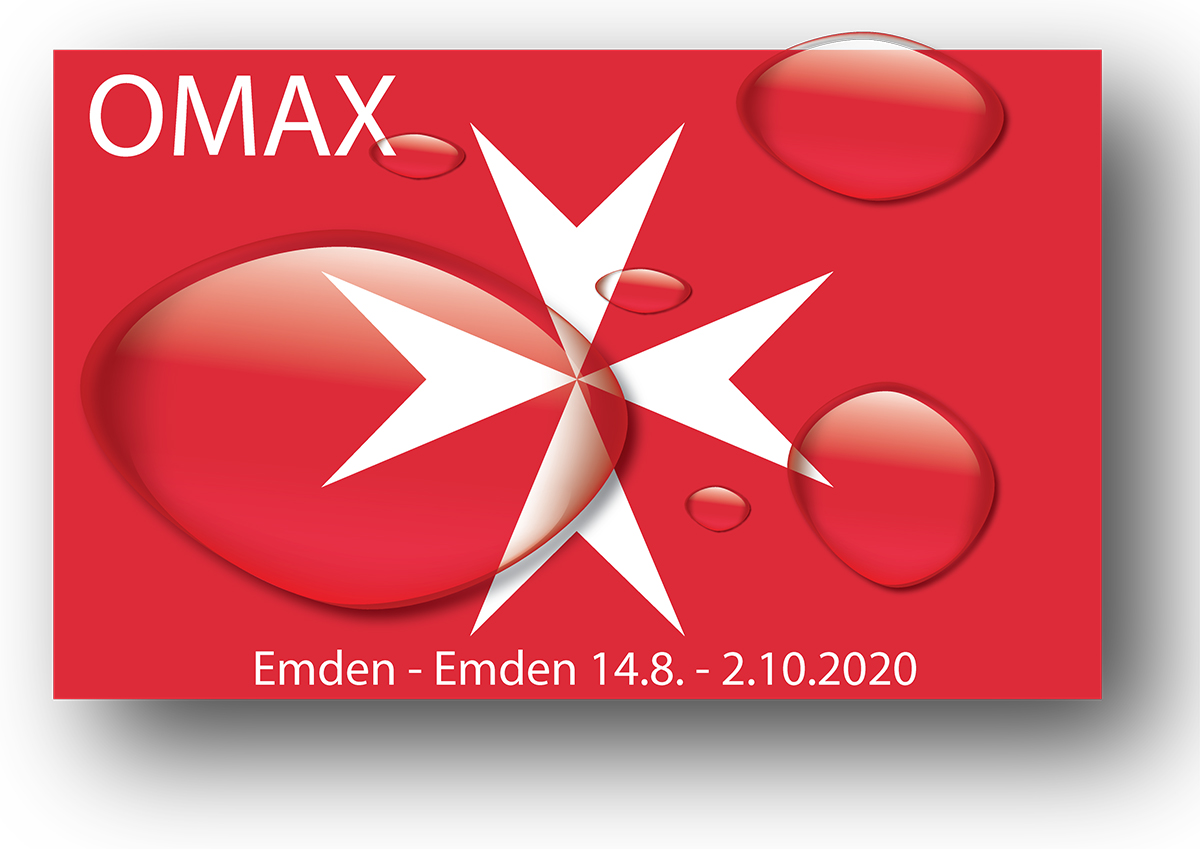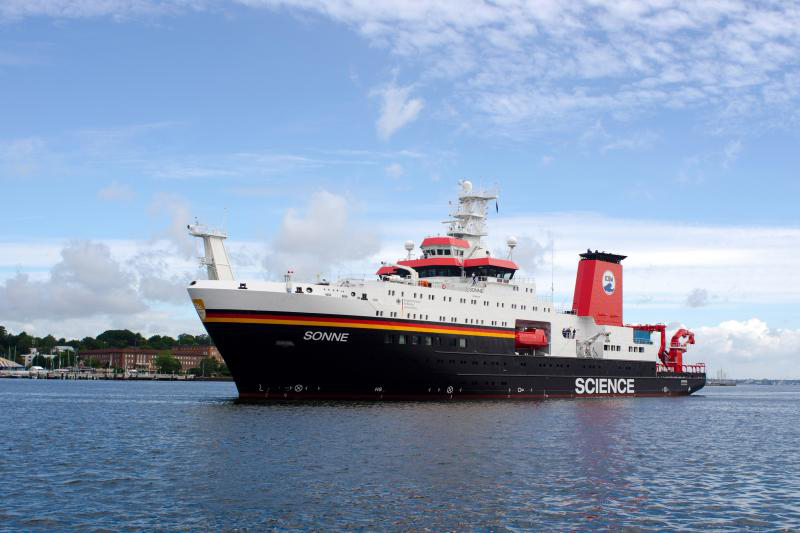SONNE SO277
- Area:
- Mediterranean Sea
- Time:
-
14.08.2020 - 03.10.2020
- Institution:
- GEOMAR
- Chief scientist:
- Christian Berndt

The expedition SO277 (GPF-19-2-012) is dedicated to two main topics: Offshore groundwater resources off Malta and the risk of landslides on the eastern flank of Mount Etna (Sicily).
1. Population growth, increasing environmental pollution and climate change put pressure on the groundwater resources of the island state of Malta. Offshore aquifers (OA) can be used as an alternative source of fresh water to counteract the water shortage. However, there are a number of open questions that need to be clarified before OA can be used sustainably. These include a lack of understanding of the reserves, their geometry/dynamics, their connection with onshore aquifers and their development in the event of possible use and progressive global warming. During this expedition, geophysical data will be collected to create a geological model of the aquifer off the coast of Malta. The measured marine data set will be calibrated with existing geophysical data and groundwater drillings from the land to create hydrogeological models. In addition, autonomous underwater vehicles, bathymetry and parasound data will be used to locate and characterise the groundwater seepage on the seafloor.
2) Previous studies have shown that the eastern flank of the volcano Etna is slowly sliding towards the Mediterranean Sea. A sudden major landslide could trigger a tsunami. In order to better understand the dynamics of the flank movement at Europe's highest volcano and thus to improve the hazard assessment for the region, a network of six transponders will be installed on the slope area off the coast of Sicily during the expedition. With the aid of sound signals, the transponders measure the distance between them with an accuracy of a few millimetres. With this marine geodesy, deformation of the seafloor can be documented in the coming years, allowing to better constrain the movements of Etna's flank.
To ensure that the participating researchers do not have to travel unnecessary distances in times of the COVID-19 pandemic, the expedition starts and ends in Emden.



